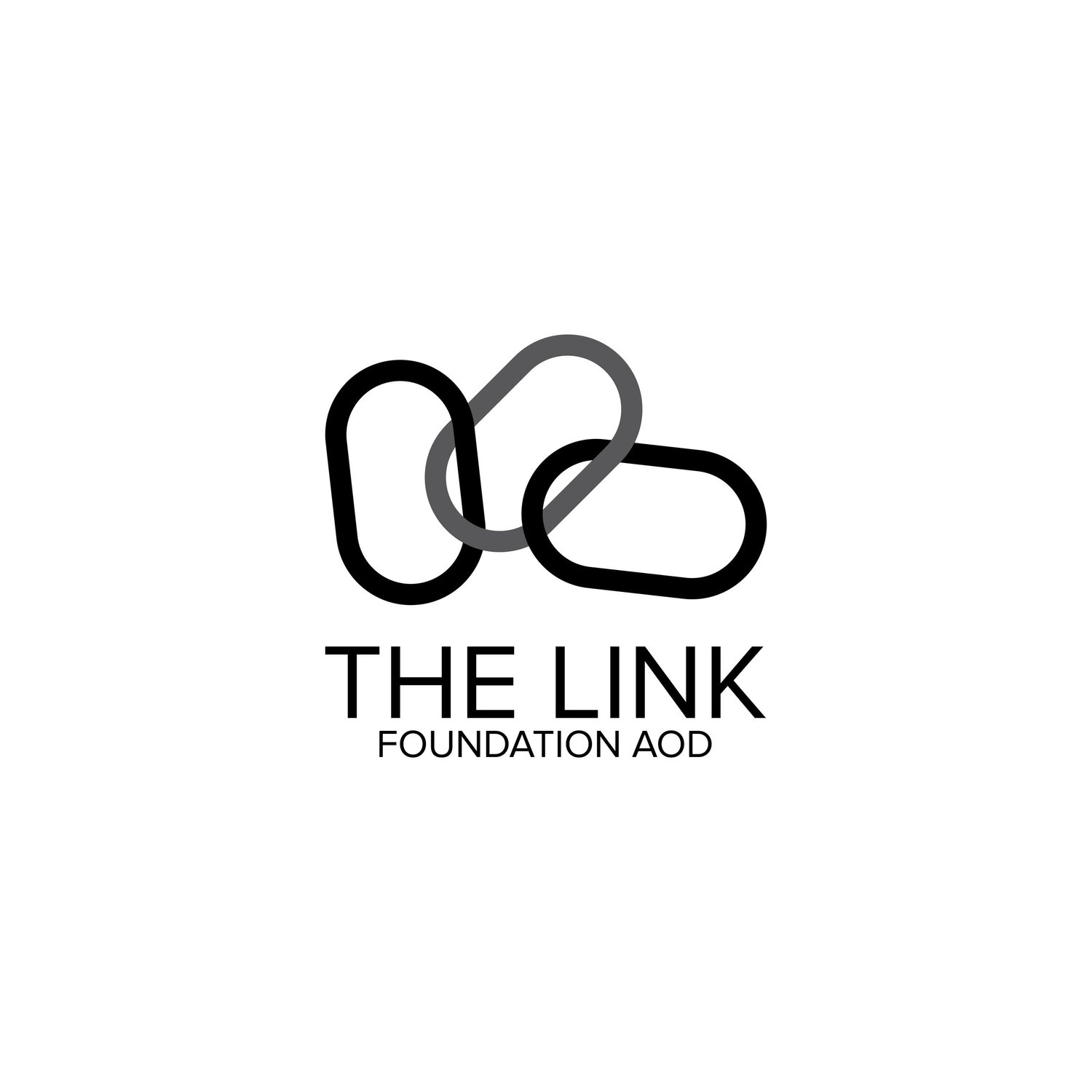
Our services - Individuals
One-on-one Counselling
Paula and Renee are both accredited Alcohol and other Drug counsellors and practice under a harm reduction model. Individual counselling is a form of therapy that involves working one-on-one with a trained mental health professional. Individual counselling explores and addresses personal issues, challenges, and concerns in a safe and confidential setting.
Psycho-Education Groups
Understanding Dependencies
What is dependencies? How does it develop? What are the risks associated with drug use?
Triggers and Cravings
What are the things that trigger drug use? How do cravings work? What are some strategies for managing triggers and cravings?
Coping Skills
Developing coping skills to manage stress and other challenges without turning to substances.
Communication Skills
Improving communication with friends, family, and healthcare providers.
Building a Support Network
Identifying people who can offer support during recovery and developing a plan for maintaining these relationships.
Managing Emotions
Developing strategies for managing difficult emotions such as anxiety, depression, and anger without turning to drugs or alcohol. Strategies for coping with stress, mindfulness techniques for staying present and focused on recovery goals.
Healthy Lifestyle Changes
Identifying healthy habits and behaviours supporting recovery, such as exercise, nutrition, and sleep.
Self-Care
Developing a self-care plan to prioritise physical and mental health during recovery.
Life Skills
Developing practical skills such as budgeting, time management, and goal setting to support a successful recovery.
Building resilience
Understanding the concept of resilience and its importance in recovery from dependency, identifying personal strengths and resources that can be used to build resilience, identifying and challenging negative self-talk and limiting beliefs, and Recognising and celebrating progress and successes in recovery.
Relapse Prevention
Identifying warning signs of relapse and developing strategies to prevent relapse
MAINTENANCE SUPPORT GROUPS
Ongoing Support Group
The Link Foundation AOD believes these groups are vital to maintaining an individual's recovery and allowing them to reconnect with others.
INTRODUCING WOMEN ONLY GROUP
Break Free from Stigma: Join Our Women-Only Smart Meeting Today!
Tired of hiding behind stigma and shame? It's time to break free and embrace your truth. Join our empowering women-only SMART meeting, where you can be yourself without fear or judgment. Say goodbye to secrecy and hello to support, understanding, and growth.
At our gathering, we provide a safe space for women to share their experiences, challenges, and triumphs. No topic is off-limits, from mental health struggles to personal journeys of overcoming societal expectations. Together, we'll shatter the silence and empower each other to live authentically.
Why choose us?
Empathetic and supportive community
Confidential environment to share openly
Expert-led discussions on relevant topics
Accessible from the comfort of your home
DON’T LET STIGMA HOLD YOU BACK
Find Support with SMART Recovery: Join Our Group Every Monday night!
Description: Seeking a supportive community on your journey to recovery? Look no further! Our SMART Recovery group meets every Monday night, 6.30 pm to 8.00 pm, providing a safe and empowering space for individuals to heal and thrive.
SMART Recovery offers evidence-based tools and techniques to help you examine the relationship with substances. Led by an experienced facilitator, our group sessions focus on building skills for self-management and fostering personal growth.
Why choose SMART Recovery?
Evidence-based approach
Supportive community atmosphere
Practical tools for sustainable recovery
Flexible meeting schedule
Do you have any unpaid fines?
A Work Development Order (WDO) is a program in Australia designed to help individuals experiencing financial hardship who cannot pay their fines. It allows eligible individuals to engage in certain activities, such as education, training, counselling, or treatment programs, as an alternative to paying their fines in cash.
Through a WDO, participants can reduce their fines by completing approved activities. Each hour spent on an approved activity typically equates to a specific amount of money deducted from their fines. This program aims to allow individuals to address underlying issues contributing to their financial difficulties while also fulfilling their legal obligations.
WDOs are typically administered by government agencies or approved organisations in each state or territory of Australia. The specific requirements and available activities may vary depending on the jurisdiction. Individuals interested in participating in a WDO should contact the relevant agency or organisation in their area for more information and to determine their eligibility.








